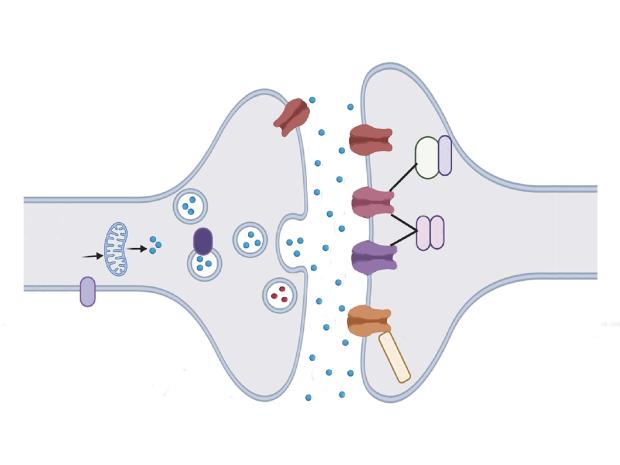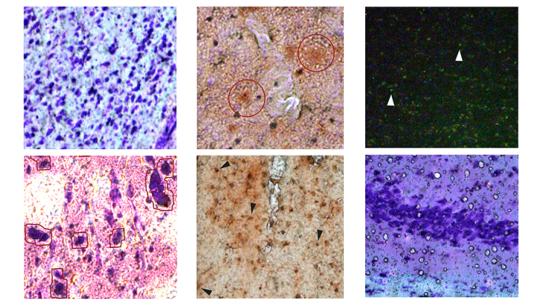Trials and tribulations of single population transcriptomic analyses in Alzheimer’s disease and models of neurodegeneration

Speaker:
Stephen D. Ginsberg, Ph.D.
Associate Professor, Dept. of Psychiatry, Dept. of Neuroscience & Physiology
Member, Nathan Kline Institute - Center for Dementia Research
NYU Grossman School of Medicine
Abstract:
Professor Ginsberg’s laboratory focuses on the delineation of cellular and molecular mechanisms underlying synaptic and dendritic reorganization following various brain injuries. The hippocampal formation, a brain region critical for learning and memory, is the main region analyzed. This group conducts experiments on animal models of synaptic plasticity and neurodegeneration and human brain tissues obtained from patients with no to mild cognitive impairment and Alzheimer's disease. Particular emphasis is placed upon analyzing single neurons as a means of understanding cellular events occurring locally at synaptic and somatodendritic sites. For example, lesion paradigms in mice are combined with regional and single cell mRNA amplification techniques and cDNA microarray "DNA chip" technology. These studies provide a "molecular fingerprint" of the hippocampus as well as specific neurons within the region following the initial injury, denervation, and reactive synaptogenesis. Furthermore, these studies aim to elucidate markers for early changes that can be applied to other models of activity dependence and neurodegenerative disorders.
Professor Ginsburg started his academic career with a Bachelor’s degree in psychology from Cornell University. Subsequently his received a PhD degree in neurobiology from the Icahn School of Medicine at Mount Sinai in New York City. He is trained in neuroanatomy, neuropathology, neurochemistry, and molecular and cellular neurobiology, including single-cell RNA amplification. He has been studying gene and protein expression profiles in the forebrain including the hippocampal formation, basal forebrain, and neocortex for over 21 years. He has over 20 years of experience with RNA amplification and microarray technology, and over 14 years of experience in proteomic profiling in animal and cellular models and human postmortem brains.


